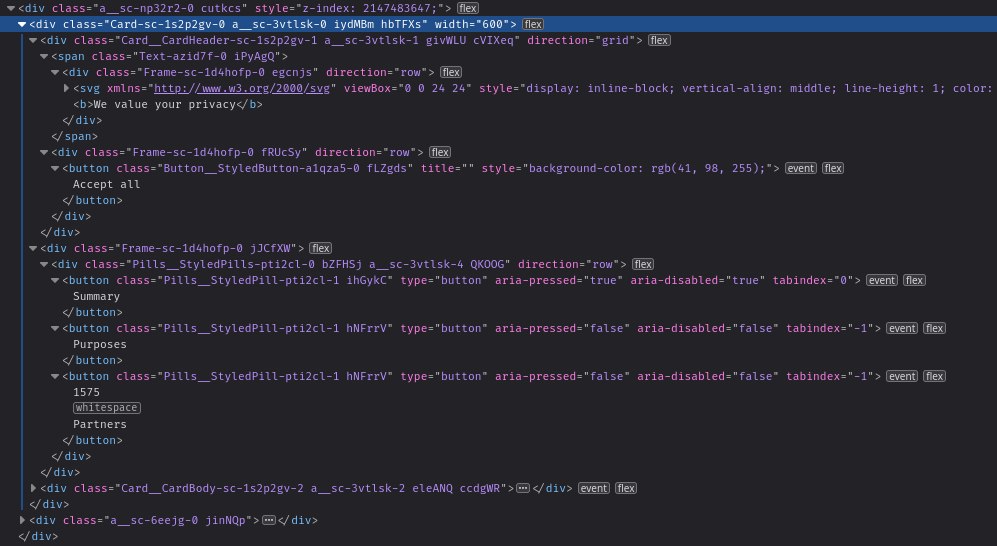

Source?
In the EU at least this is demonstrably false. LNG has slightly risen since 2000 but other fossil fuels (namely coal) have gone way down. Total consumption has been steadily declining in the past few years and is down to 2004 levels. So overall our electricity is a whole shitload cleaner.
The story is even starker for domestic heating. Gas and coal are vanishing since the mid-2000s.









Removed by mod